NEWS
COES researchers receive NSF grant to study success factors for engineering students
A team of researchers led by Louisiana Tech University College of Engineering and Science faculty recently received a two-year $180,000 grant from the National Science Foundation (NSF) to fund their study of the factors that influence the academic achievement and persistence of sophomore chemical engineering students.
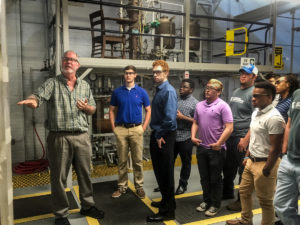
Students receive a tour of the Ops Unit lab during the 2019 camp.
Dr. Brad Cicciarelli, senior lecturer in Chemical Engineering and Mechanical Engineering at Louisiana Tech, is the principal investigator for the grant, and Dr. Eric Sherer, associate professor and program chair in Chemical Engineering at the University, is one of the co-principal investigators, along with Dr. Marisa Orr, an assistant professor in Engineering and Science Education and Mechanical Engineering at Clemson University. These faculty are joined on the project team by Clemson graduate student Baker Martin.
The team has developed a research methodology to determine how the factors of students’ self-efficacy and social support affect student performance and persistence in the chemical engineering curriculum. Additionally, the team aims to investigate whether student participation in a two-day voluntary workshop (called the “ChemE Camp”) can impact these factors and ultimately improve academic outcomes.
Cicciarelli and Sherer began implementing the ChemE Camp workshop at Louisiana Tech in 2016. The camp includes presentations from faculty, upper-level students and alumni about the curriculum, the profession, internship opportunities and study skills. Activities include team-building exercises, a hands-on project, a lab tour, a Q&A panel with upper-level students and recreational games with students and faculty.
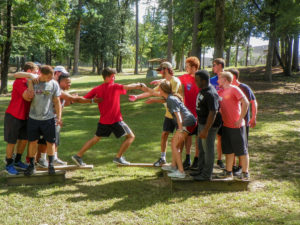
Students participate in a challenge course during the 2019 camp.
Student feedback about the workshop has been overwhelmingly positive, and preliminary results from surveys indicate that students who attend the camp enter the sophomore year feeling more prepared for the curriculum and more comfortable with the major than those who did not. Camp attendees also report a larger network of potential study partners than non-attendees and have performed better in their first Chemical Engineering course.
Orr has been enlisted to help better isolate, evaluate, and explain the mechanisms behind the workshop’s impact. Together the team has worked to refine the study and make it more rigorous so that the conclusions that are drawn can guide the development of interventions to improve student outcomes.
“This work was born out of a desire to help students be more successful in their classes without lowering academic standards,” Cicciarelli said. “Though designed for chemical engineering, the methods involved in this study and the design of the workshop are adaptable and could easily be tailored to other disciplines. Likewise, our findings can be applied more broadly to other disciplines in science and engineering to try to improve student retention and increase the number of engineering graduates entering the workforce.”
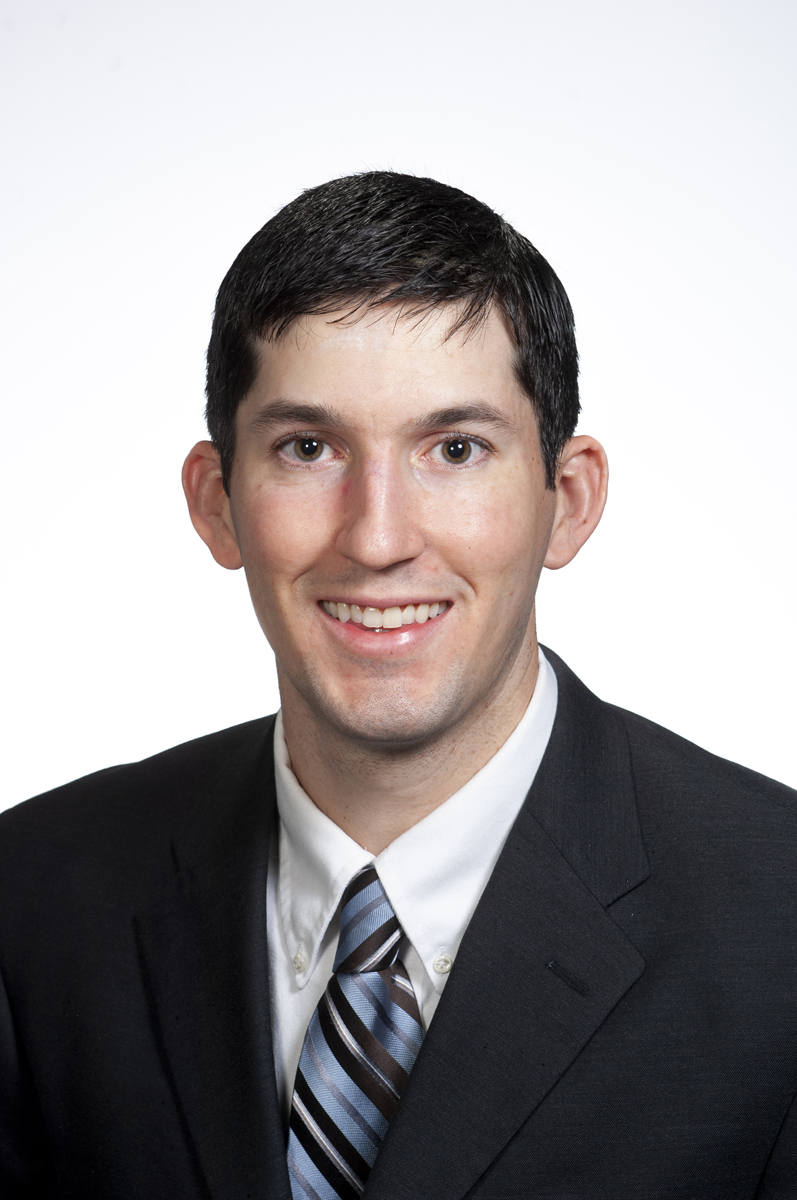
Dr. Brad Cicciarelli
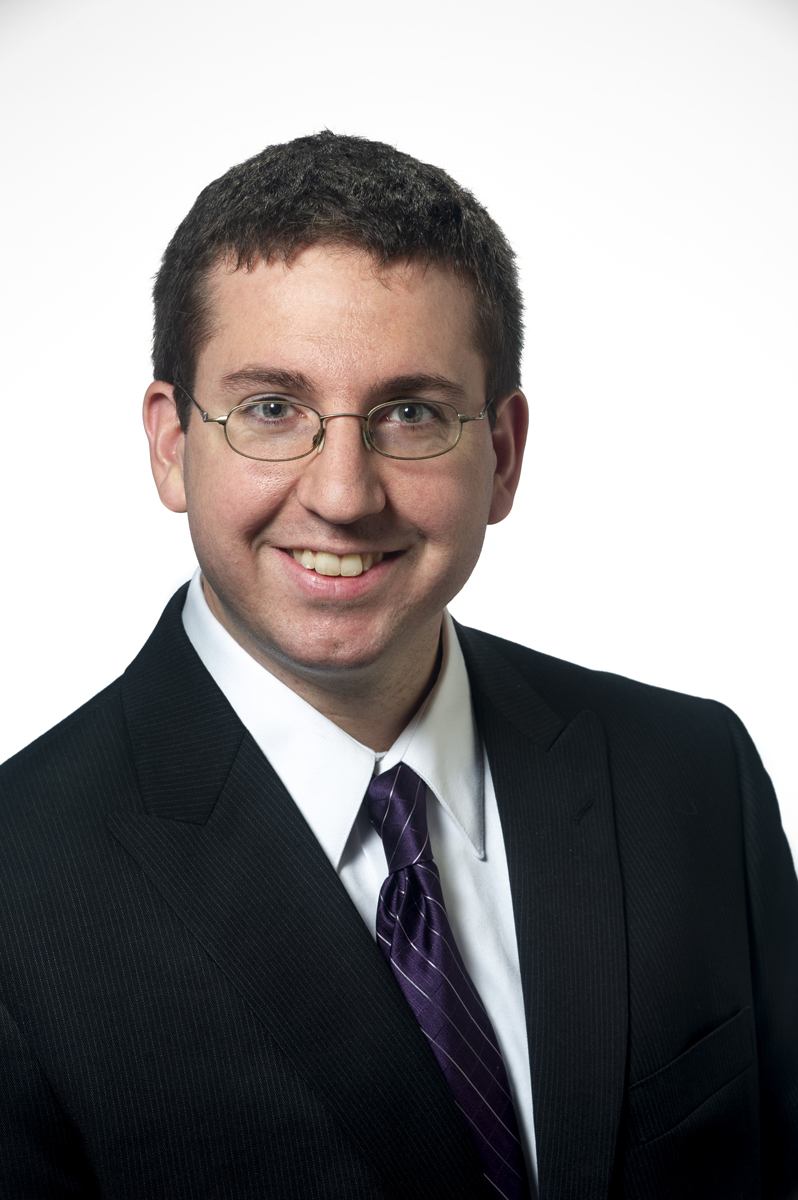
Dr. Eric Sherer
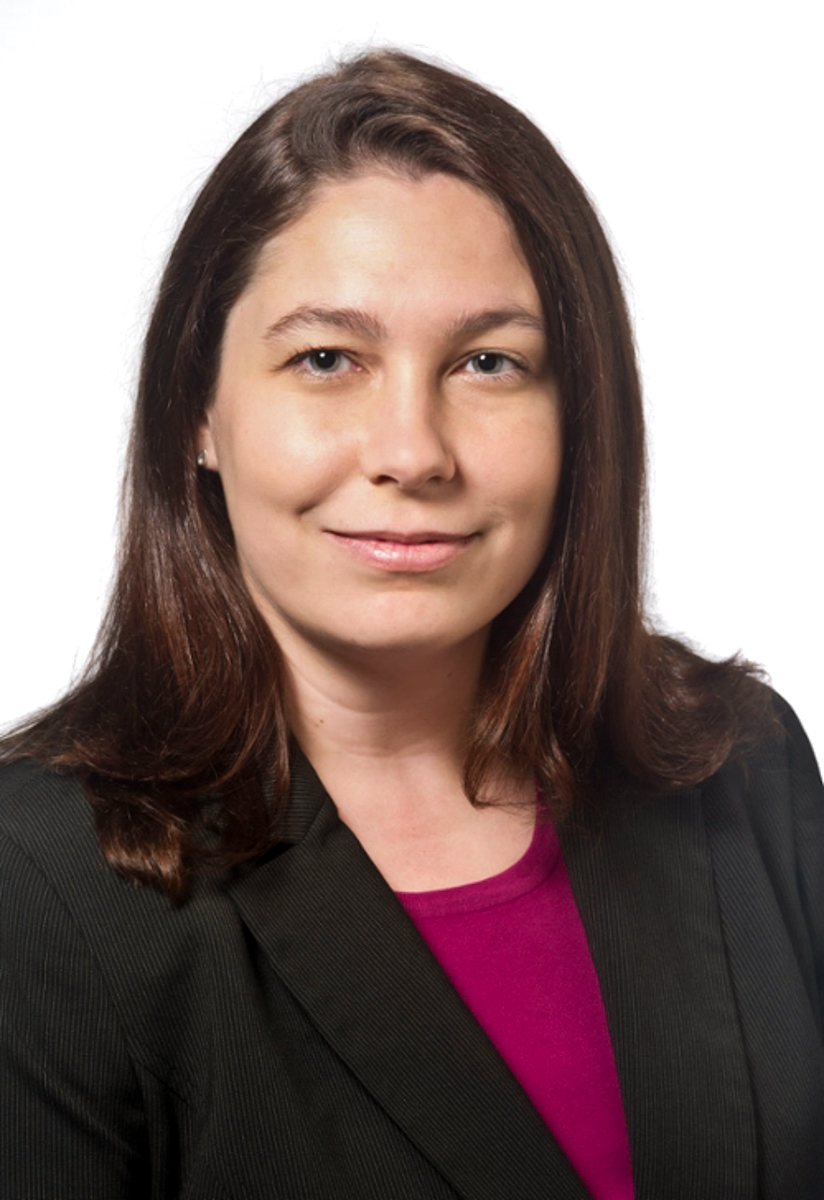
Dr. Marisa Orr
Recent Comments